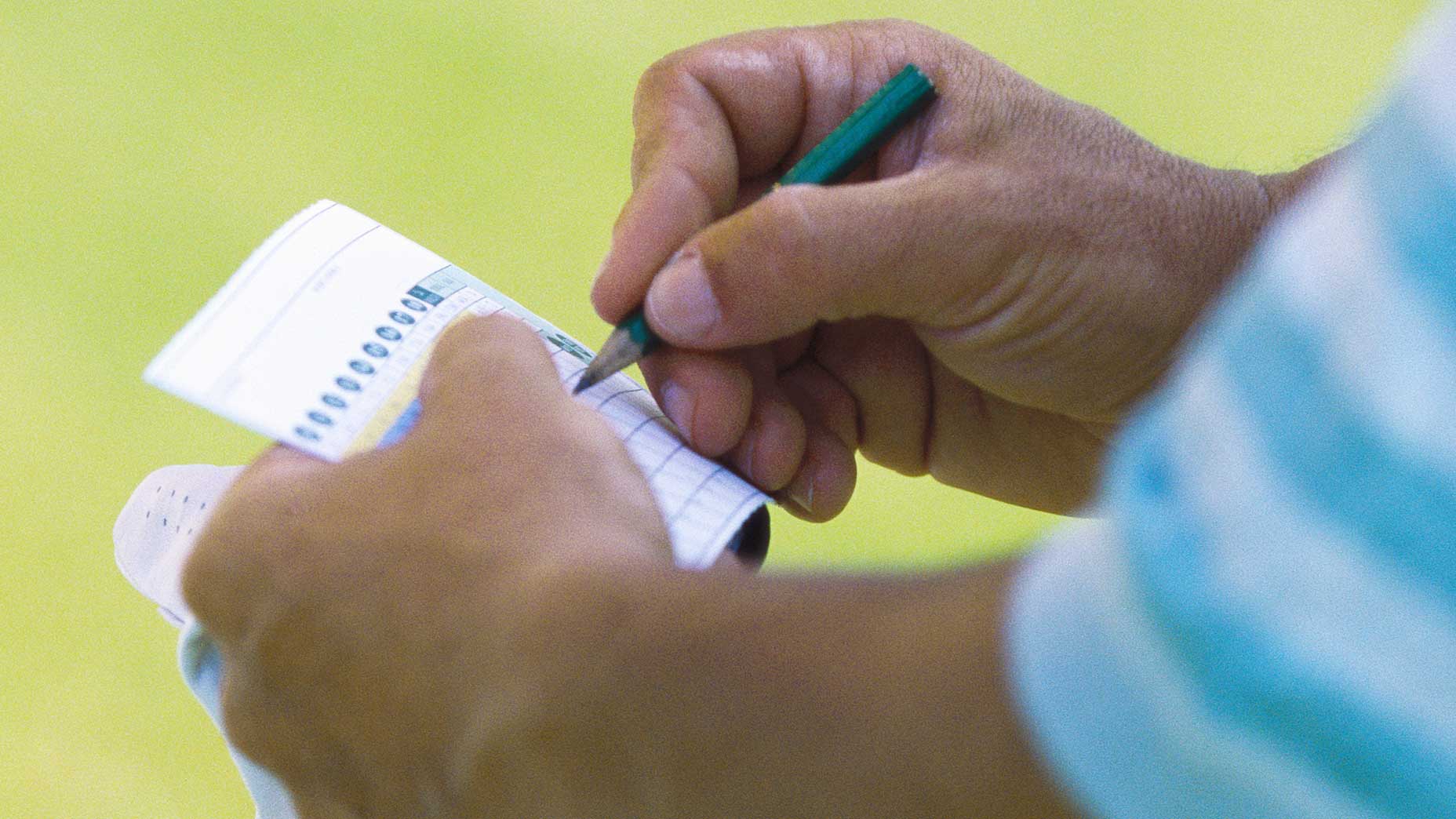Earl from Atlanta writes: At a junior golf tournament my son was playing in, I saw another kid pretty clearly cheating. First, he “found” his ball after a wild drive. Then he took what was obviously an improper drop. I didn’t want to make a big stink about it, in part because my own kid was in the tournament and I thought that might seem biased. But I also wanted to protect the field. What should I have done?
Dear Earl:
As the father of two teens who wouldn’t know a sand wedge from a sandwich, the Etiquetteist is unfamiliar with the agony and ecstasy of being a golf parent. But by all appearances, the role is very similar to being… a parent. Which is to say it often calls for walking a fine line. Between involvement and disengagement. Between healthy protectiveness and unproductive hovering. The hesitation you felt is understandable. You wanted to do right by everyone and everything. The other kids. The tournament itself. But you also didn’t want to be that guy.
The first thing to consider is that not all rules violations are identical. A dubious drop, for instance, is different from a foot wedge employed from behind a tree, which is also not the same as a doctored scorecard. As with schoolyard arguments, it’s difficult to render judgment on an incident without knowing all the details. Even at the highest levels of professional golf, rules decisions can give rise to confusion. Throw kids into the mix, and the potential for muddiness grows even greater. Not many junior golfers, much less their parents, have the rules down cold. In some cases, what looks like cheating might simply be an innocent mistake. What’s more, in most junior events, it’s highly unlikely to have a rules official assigned to every group, which can make it tempting for parents to want to fill the void.
The organizers of junior golf tournaments do their best to educate players and their families. But in the course of competitions, situations invariably arise that require expert judgment, says John Kim, senior director of foundation and media relations for US Kids Golf.
Your instinct not to make a stink was a healthy one.
“Being confrontational or causing an interruption of play as an outside observer can be a bad experience for everyone,” Kim says.
When it comes to the rules, knowing a player’s intent is essential. And because intent is often difficult to discern, “our recommendation is that the parent find a tournament official before the players sign and turn in their scorecards.” The sooner you can track down an official, the better.
Whatever transpires, try not to blow a gasket. Stay calm, just as you would if you discovered that your kid had borrowed your credit card without permission to purchase the latest Xbox console. Right?
Report what you saw, and let the official take it from there.
“The official can talk to the players and caddies and determine the next course of action,” Kim says. “If there is a disagreement on the the interpretation of a rule, it can be suggested that the player play two balls from that point until the hole is completed.”
Junior golf is supposed to be fun. But there’s no denying that it can get intense and stressful. The same is true of parenting, which is not a job designed to be outsourced. That’s where it differs from golf parenting. In this case, at least, it’s in your best interest to offload the hard work to someone else.
